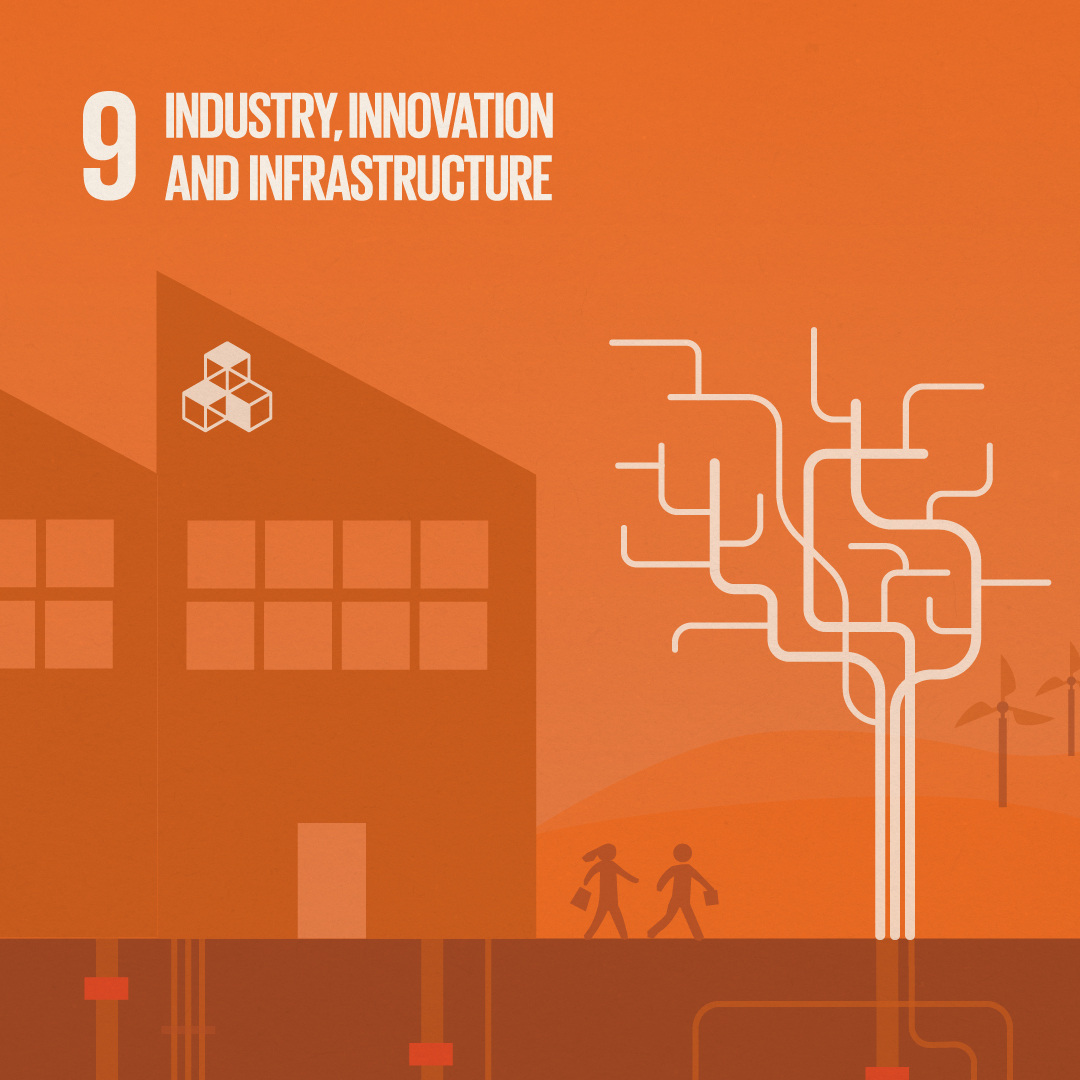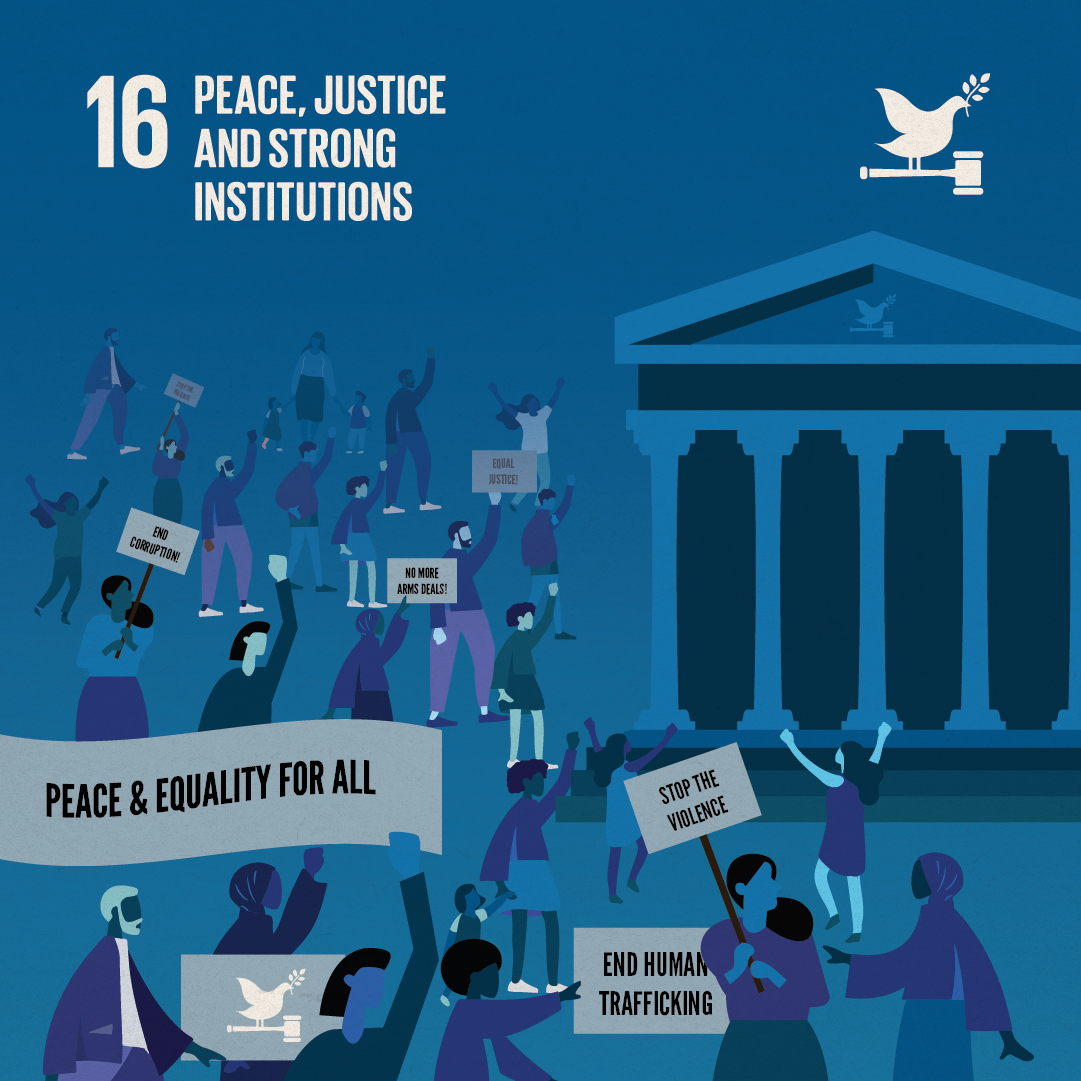By Randy Martin
As we face a future that hasn’t looked like our past, research will play a key role in helping us chart our course. The work of researchers has already alerted us to our current woes, such as climate change and biodiversity loss. Going forward, it is essential that universities put research capital into investigating sustainability issues with an ethos of sustainability as well.
With these criteria, STARS1 wants universities to assess how much of their research power is going to sustainability issues and evaluate the mechanisms an institution has in place to incentivize that research.
STARS aligns this criteria with the following United Nations Sustainable Development Goals (UN SDG).
- Goal 9: Build resilient infrastructure, promote sustainable industrialization, and foster innovation
- Goal 16: Promote just, peaceful, and inclusive societies and build effective, accountable, and inclusive institutions at all levels.
Subcategories:
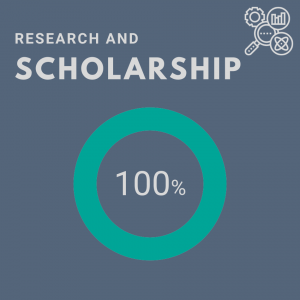 Research and Scholarship: This category is primarily an inventory of how many researchers and departments work on sustainability-related topics. To get full credit, 15% of researchers have to be working on sustainability-related topics, and 75% of departments must have at least one researcher working on sustainability-related issues. Auburn has 25% of researchers and 85% of departments, respectively.
Research and Scholarship: This category is primarily an inventory of how many researchers and departments work on sustainability-related topics. To get full credit, 15% of researchers have to be working on sustainability-related topics, and 75% of departments must have at least one researcher working on sustainability-related issues. Auburn has 25% of researchers and 85% of departments, respectively.
Auburn’s Score: 12/12
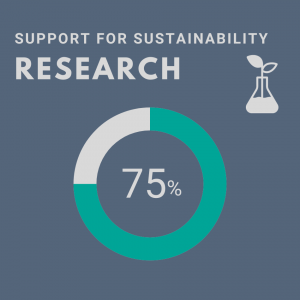 Support for Sustainability Research: This credit assesses the different incentive structures that an institution offers for sustainability-related research. It also encompasses support for multidisciplinary and interdisciplinary research.
Support for Sustainability Research: This credit assesses the different incentive structures that an institution offers for sustainability-related research. It also encompasses support for multidisciplinary and interdisciplinary research.
Auburn’s Score: 3/4
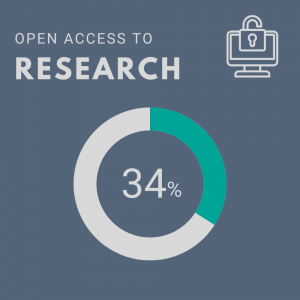 Open Access to Research: This credit rewards institutions that offer programs that allow their researchers to publish open source. This includes having funds to help cover the cost of open-source publishing, having an open-source repository that hosts works done by institution researchers, and having a hosting service on local servers.
Open Access to Research: This credit rewards institutions that offer programs that allow their researchers to publish open source. This includes having funds to help cover the cost of open-source publishing, having an open-source repository that hosts works done by institution researchers, and having a hosting service on local servers.
Auburn’s Score: 0.67/2
Reflection
Auburn clears the bar regarding how many of our researchers and departments work on sustainability-related issues. We outperform peer institutions like the University of Florida, Texas A&M, and the University of Texas. 85% of our departments conduct sustainability research, and that number will likely increase as sustainability becomes an ever-present force in society. For more researchers to work on sustainability, there needs to be institutional support, and thankfully, Auburn has programs in place to do just that. The Academic Sustainability Program has helped provide funds, coordination, and recognition to researchers, faculty, and students, who are doing work within the space of sustainability. Faculty and students can even publish their work on Auburn’s open-access repository. To help with that effort and any needs of other researchers, Auburn University Libraries employs a dedicated librarian to assist with sustainability-related research and materials.
Auburn can improve in two ways. First, we need a policy that positively recognizes faculty who engage in multi-, inter-, and transdisciplinary research during the promotion and tenure process. Second, we have to increase our support for open-access publishing.
It is well-documented that the way to move forward through the tenure process is to publish a significant number of pieces in a novel subject area. In order to do so, one typically, becomes highly specialized in a specific area in a single discipline, as it is a board of other experts in that discipline that will make the tenure/promotion decision. However, many of the problems we face, such as climate change, environmental degradation, and social inequity, transcend any singular discipline. In order to encourage inter-, multi-, and trans-disciplinary research, institutions need more than ad hoc working groups; it needs to be encouraged and recognized through the tenure process and equally weighted with other research.
Secondly, the open-access movement has certainly taken off, and even large, well-known journals like “Nature” are moving to open-access business models. However, there are costs that come along with that. Typically, the revenue stream comes from authors paying to have their pieces published in these journals. That benefits the broader public but burdens authors, especially authors from less known and less funded institutions. To ease this burden on authors, institutions can provide an Article Processing Charge (APC) fund to cover the cost of open-access publishing for their authors. Auburn has a similar program but on a very small scale. The library has a small amount of publishing tokens with certain publishers that can be used by an author to make their article open accessThis program isn’t well known by faculty  Institutions can also help host open-access journals on their own internal servers. Auburn could dedicate internal server space to help host open-access journals similar to the . Both of these actions would increase author access to the open-access movement, encourage transparency, informational access, and enhance scientific research as stated by UN SDG 9 and 16. University of Washington. Both of these actions would increase author access to the open-access movement, encourage transparency, informational access, and enhance scientific research as stated by UN SDG 9 and 16.
- The Sustainability Tracking, Assessment, and Rating System (STARS) program is a self-reporting framework for institutions of higher education to track their sustainability performance created by the Association for the Advancement of Sustainability in Higher Education. Overall, STARS is made up of 211 possible points in 64 different subcategories. The subcategories are grouped by Academics, Engagement, Operations, and Planning & Administration. Additionally, participants may receive extra points for exemplary and innovative practices. In this summary, our score is shown over the amount of possible points for each credit. View Auburn University’s 2022 STARS Report for more details.
Learn about the SDGs & AU and our contributions related to this post.

